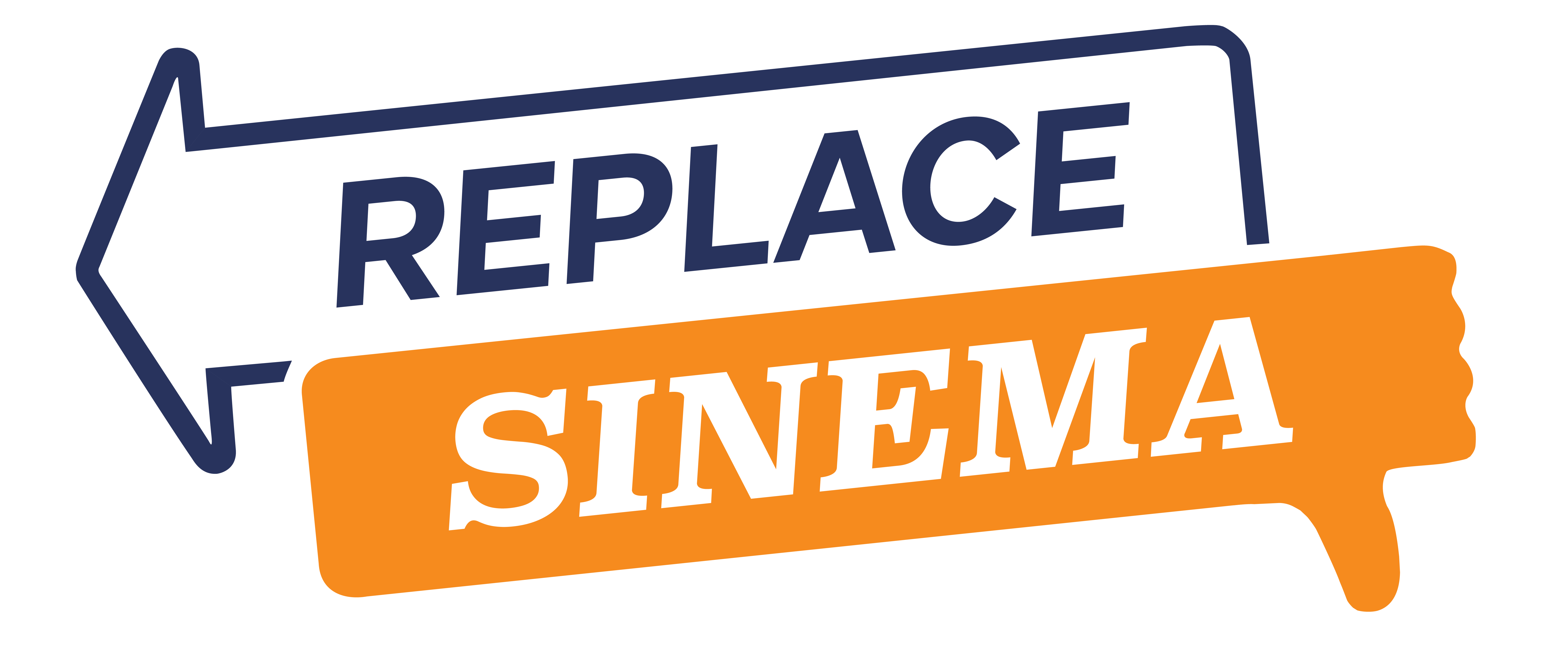Over the weekend, the Arizona Republic raised questions about donations from a disgraced private prison and detention center company to Senator Kyrsten Sinema. CoreCivic recently settled a forced labor lawsuit and faces two additional lawsuits from migrants who say they were coerced into working while in detention and harshly punished for not working.
Sinema is one of five politicians who accepted the maximum $5,000 from CoreCivic’s PAC this year. In the 2022 election cycle, CoreCivic PAC gave $8,000 to Sinema, making her the eighth-highest recipient of funds from the CoreCivic PAC that cycle.
Additional research from Replace Sinema shows that Sinema’s ties to the private prison industry run deeper than just one company: Sinema also accepted $20,000 from Management and Training Corporation, a company that ran private prison facilities.
In both the 2022 and 2020 election cycles, Sinema, who was a Democrat until December 2022, received more from private prison companies than any other Democratic Senator.
In case you missed it:
Arizona Republic: Will Sen. Kyrsten Sinema keep CoreCivic donation after it settled forced-labor lawsuit?
Laura Gersony | October 20, 2023
Sen. Kyrsten Sinema so far is staying silent about a political campaign donation she took from CoreCivic, the private prisons and detention center operator, as that company battles litigation over its alleged use of forced labor.
CoreCivic announced Thursday that it had reached a settlement to end one of the three forced labor lawsuits it is facing. The lawsuit, brought by several former detainees, alleged that the company coerced them and other migrants into participating in an ostensibly voluntary work program at a CoreCivic detention center in Georgia.
Sinema, I-Ariz., is among five U.S. lawmakers who this year accepted the maximum donation of $5,000 from CoreCivic’s political action committee.
[…]
In the now-settled lawsuit, CoreCivic detainees claimed that if they refused to work, they were given punishments ranging from solitary confinement, limiting their outside contact with loved ones, or restricting their access to basic necessities like food, soap, or toilet paper.
###
